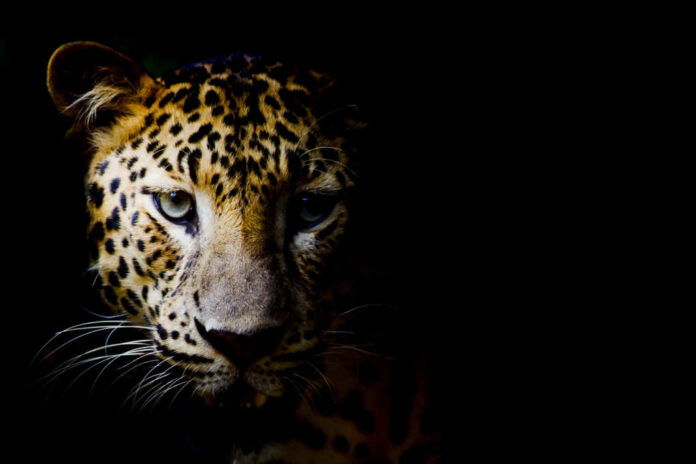
A surprising environmental investigation has recently uncovered three publicly traded Chinese pharmaceutical companies that use endangered animals as product ingredients.
'Investing in Extinction – How the global financial sector profits from traditional medicine firms using threatened species'
Major new EIA report released tomorrow (23 October)#wildlife #finance #China pic.twitter.com/Fks8rDTgGP
— Environmental Investigation Agency (@EIA_News) October 22, 2023
Beijing Tong Ren Tang Group, Tianjin Pharmaceutical Group, and Jilin Aodong Pharmaceutical Group, all based in China, have come under scrutiny for listing parts of endangered animals as components in their traditional Chinese medicine (TCM) products.
This shocking discovery pertains to the use of body parts from endangered leopards and pangolins, which have been identified in a total of 88 TCM products. The report, released by the Environmental Investigation Agency (EIA) UK on a Sunday, has sent shockwaves through the global environmental and financial communities.
The EIA’s report has not only exposed this environmental wrongdoing but has also called upon global investors in these Chinese pharmaceutical firms, some of whom include major financial institutions such as UBS and HSBC, to divest from their stakes.
The EIA’s focus on these pharmaceutical companies is due to their public listing and the undeniable presence of leopard and pangolin parts in their products. TCM has a history of incorporating various animal parts, often with manufacturers touting their efficacy.
Avinash Basker, a legal and policy specialist for the non-governmental organization, expressed his disappointment, stating, “It’s particularly disappointing to see so many major banks and financial institutions effectively endorsing this damaging exploitation.” He urged them to sever ties with TCM manufacturers using threatened species as ingredients as soon as possible.
The report further reveals that 62 financial institutions have investments in at least one of the three Chinese pharmaceutical companies known for their use of endangered animals in their products. This list includes major global banks and investment firms like UBS, Deutsche Bank, HSBC Holdings, Citigroup, and BlackRock.
Basker emphasized the need for China to adhere to the recommendations made by the Convention on International Trade in Endangered Species of Wild Fauna and Flora (CITES), which calls for a prohibition on the use of leopard, pangolin, tiger, and rhino body parts from all sources for commercial purposes within the domestic market.
The CITES recommendations consist of 52 measures related to species under consideration for changes in international trade regulations. The environmental and financial communities now await decisive action to address this critical issue and prevent further harm to endangered species.














